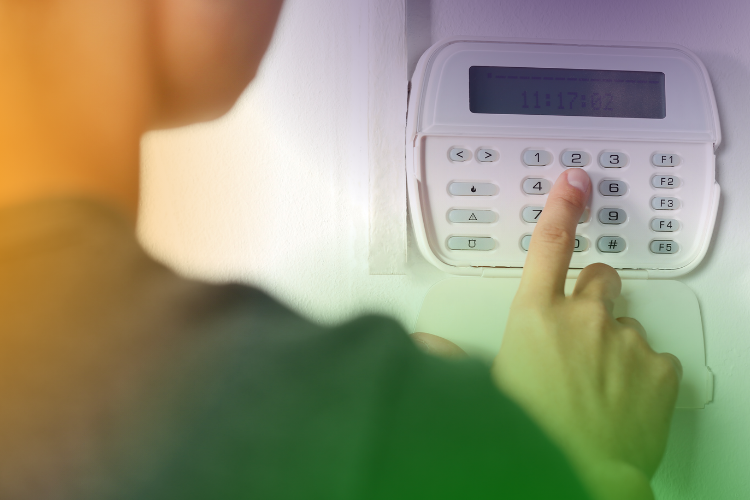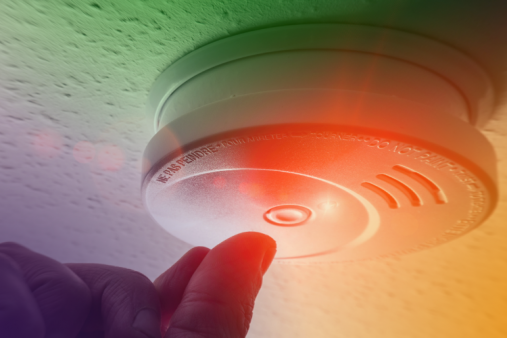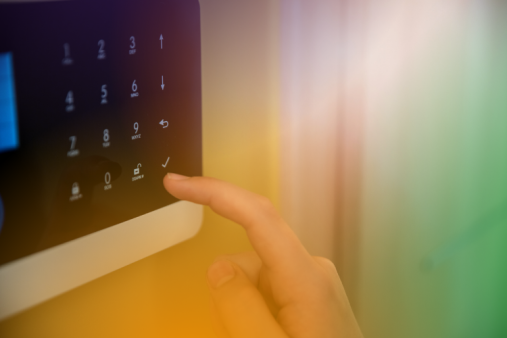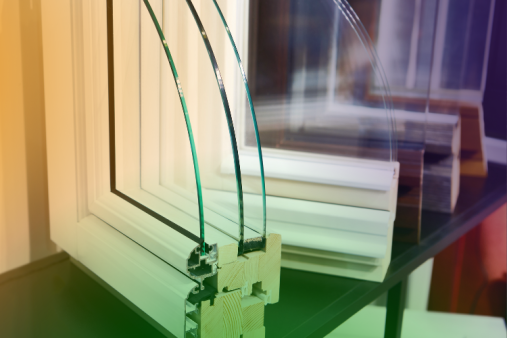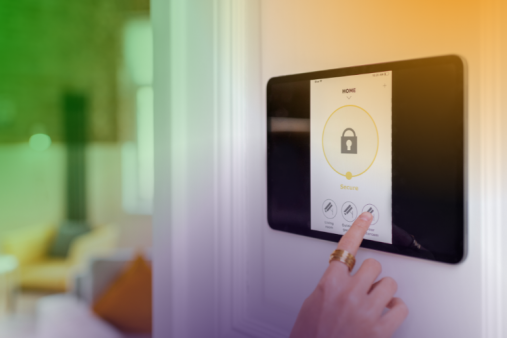Pros and Cons of Wireless v Wired Alarms
Technology is advancing all of the time, and often advances can make products cheaper and more efficient. Remember the days not so long ago when in order to get online you had to have a cable linking your computer to the phone line? We now all take wi-fi connections for granted. Wireless connectivity has also had a great impact on the home security industry, and wireless alarms are just as readily available as the hard wired type of alarm. So which is better and why?
Wired Alarms
A wired alarm is just that; all of the sensors will be linked up to the control panel by a series of wires. This is the way that in the past all house alarms were installed. If you already have a wired system in your house and just want to replace the sensors or control box, or if you are installing an alarm in a new build property or renovation, it might be relatively easy to hide the wires in the wall. Retro-fitting a hard wired alarm could mean though that you have visible wires running around the walls, or the expense of plastering. Hard wired alarms can be more reliable than a system which relies on wi-fi connection, so may be worth considering if you simply cannot risk an alarm system failing. The main disadvantage to a hard wired alarm system though is the cost; as each component has to be wired into the circuit, this takes a lot longer than installing a wireless system and this increased workload is often reflected in the price. Depending on your property and how many passive infra-red detectors and other items you have asked for, the price of a wired alarm installed from scratch can easily top £1000.
Wireless Alarms
Wireless alarms are much quicker to install and get up and running. This often makes them cheaper too. Many large DIY chains sell kits for the installation of wireless alarms which can cost as little as £120, and installing them takes just a few hours and a basic tool kit. You can easily move sensors around, add more sensors, and even take the whole alarm system with you when you move. Wireless alarms are by and large reliable, but they can be triggered by electrical interference. Some modern wireless alarms can be controlled using an app on your smartphone as well as by a control panel in the house, and you can choose whether to have your alarm linked to a monitoring company who will alert police or send round their own security.
Which type of alarm is best for me?
There are no right and wrong answers about which sort of alarm is best, and much will depend on your budget and exact requirements. If you are unfamiliar with alarms and not sure where to start, ask some local tradespeople for advice. Always ask at least three different companies for their recommendations, and then get three quotes which will help you compare and get the best value for money. Don’t forget to let your insurance company know that you have installed a new alarm as this may reduce your insurance premiums.
